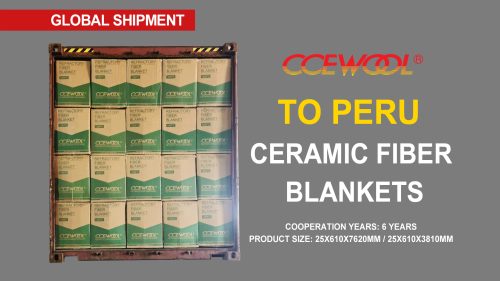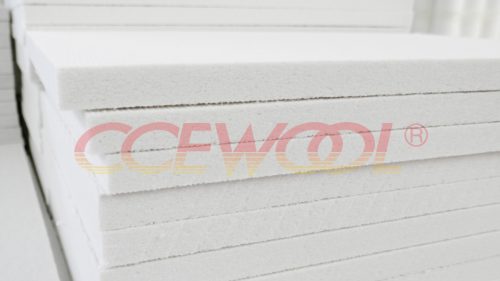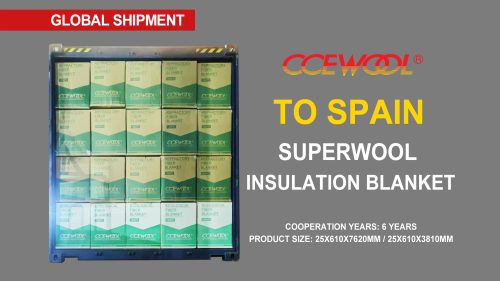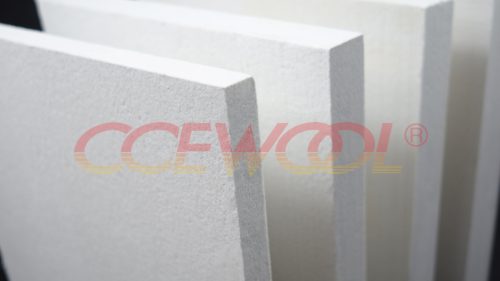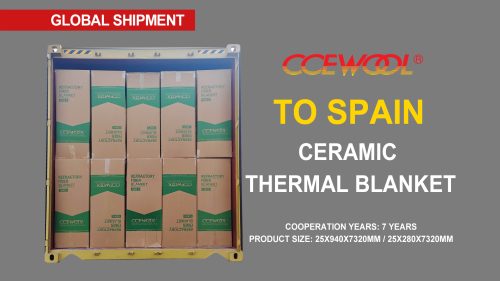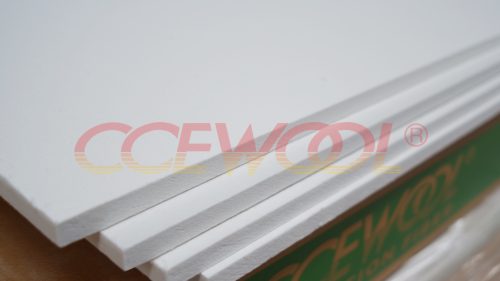Latest News
-
Ceramic Fiber Blankets – CCEWOOL®
CCEWOOL® ceramic fiber blankets are high-quality thermal insulation materials widely used in high-temperature equipment in industries such as metallurgy, petrochemicals, and glass. The most notable feature is its extremely low thermal conductivity, which effectively prevents heat from escaping and ensures that heat within the system is preserved. Even in environments exceeding 1000°C, it maintains stable […]
Insight | 08 Sep, 2025
-
Why high-end ovens are turning to inorganic refractory fiber board?
One of the most common complaints from household oven users is the smoke and odor generated during heating. This issue is often caused by traditional insulation materials that contain organic binders. Under high temperatures, these binders decompose or carbonize, releasing irritating gases and smoke. Not only does this affect food quality and hygiene, but it […]
Industry | 03 Sep, 2025
-
Superwool Insulation Blanket – CCEWOOL®
In the European market, insulation materials for high-temperature applications must not only deliver performance but also comply with increasingly strict environmental and safety regulations. Traditional ceramic fiber blankets, due to their higher biopersistence, often require carcinogen warning labels, creating compliance and application challenges for customers. The industry urgently needs a material that provides both high […]
Insight | 01 Sep, 2025
-
What is ceramic insulation board used for?
CCEWOOL® Ceramic insulation board is a lightweight, high-temperature insulation material widely used in industries such as metallurgy, petrochemicals, glass, ceramics, heat treatment, electronics, and power generation. It is commonly applied as furnace linings, back-up insulation layers, high-temperature duct insulation, and hot-face or back-up protection layers. It is also widely used in laboratory furnaces, industrial kilns, […]
Industry | 27 Aug, 2025
-
Ceramic Thermal Blanket – CCEWOOL®
In high-temperature industrial applications, insulation materials must not only provide excellent thermal performance but also remain stable during installation and long-term operation. The CCEWOOL® ceramic thermal blanket stands out for its flexibility and lightweight properties, allowing it to tightly conform to curved or irregular structures, minimizing gaps and enhancing overall insulation integrity. This makes it […]
Insight | 25 Aug, 2025
-
What is the strength of ceramic fiber board?
Ceramic fiber board is a lightweight, high-temperature insulation material widely used in industries such as metallurgy, glass, ceramics, heat treatment, and power generation for furnace walls, roofs, and back-up insulation layers. While its temperature resistance and thermal insulation performance are often emphasized, the strength of a ceramic fiber board is equally critical. High strength ensures […]
Industry | 20 Aug, 2025

